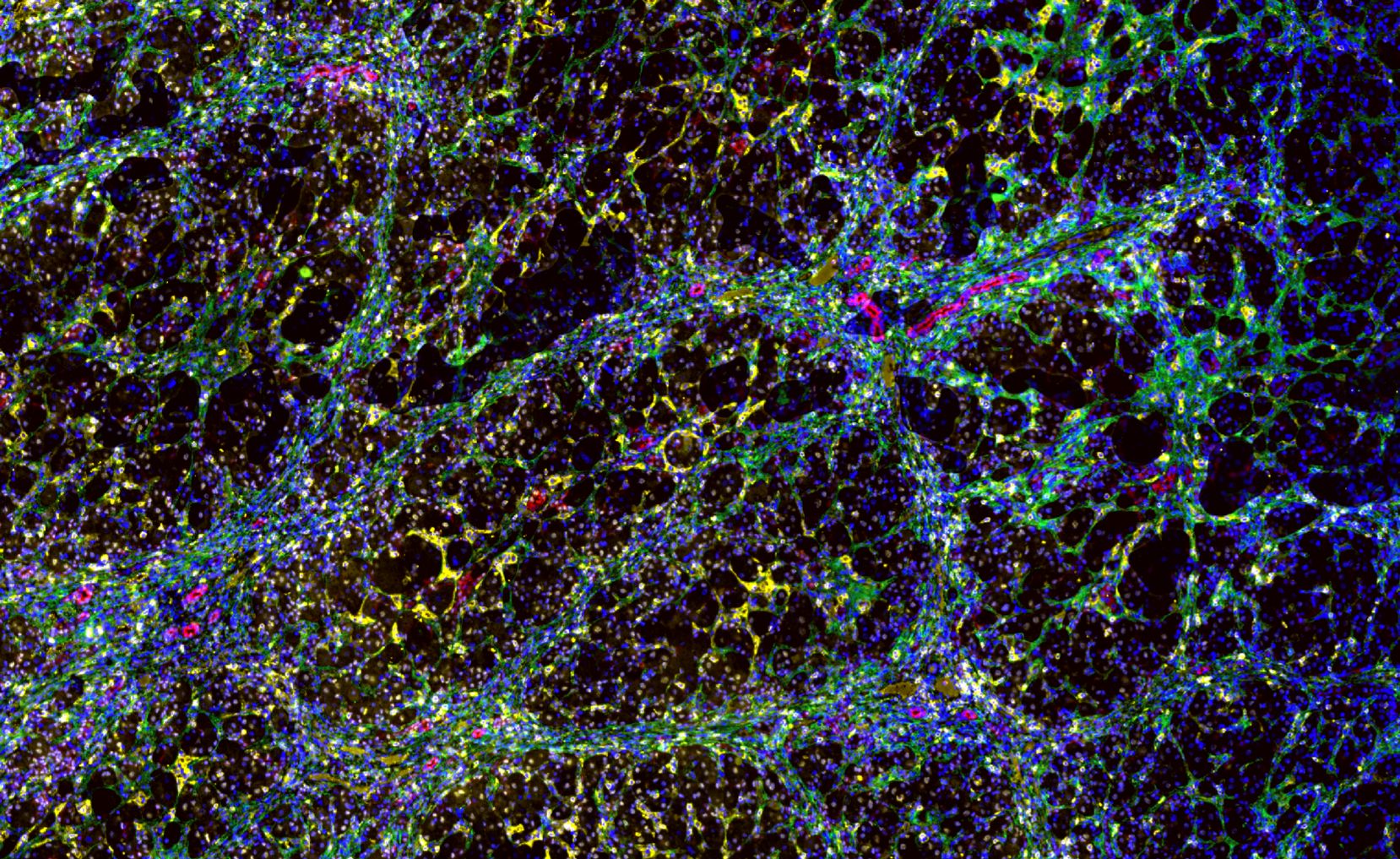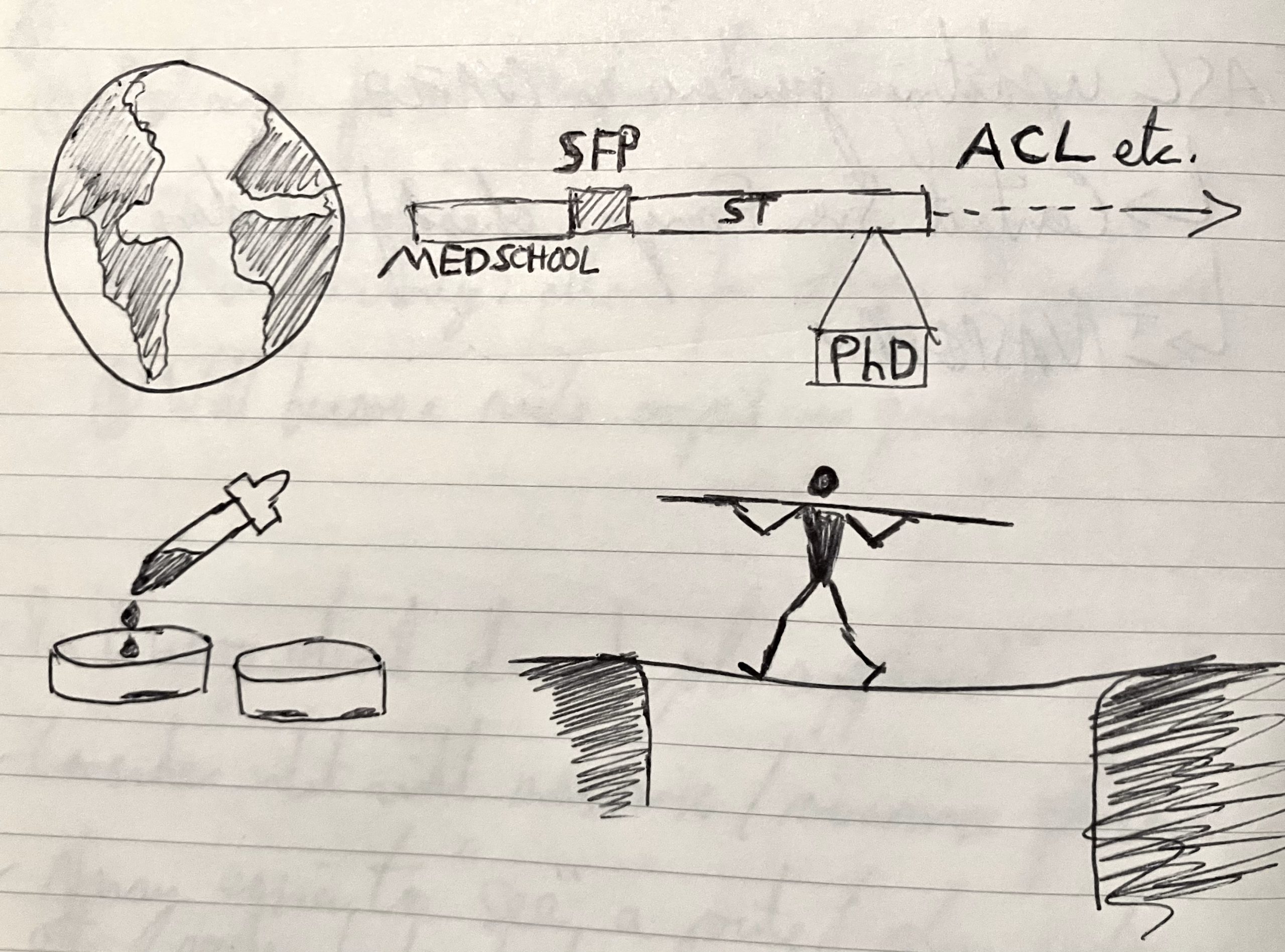What this blog, and life, is all about.
I don’t want my kids just to be happy. I want them to feel fulfilled. I want them to do meaningful things, build relationships, and experience contentment from striving towards something challenging. Happiness will happen along the way, too. Though the end goal is leading a fulfilling life. That’s what I want for my kids, what I’m trying to do myself, and sharing what I believe to be true in these blogs.

The more I read, the more I hear that the most meaningful things in people’s lives were not easy or necessarily always enjoyable: doing a very difficult piece of work, physical challenges, raising children, saving a relationship, caring for a relative. These are the things that will matter in three decades time. This is how I think of a fulfilling life. It comes from working along the path of long-term goals.

Doctors are in a unique position to lead a meaningful life. We are used to committing to long-term processes and our day-to-day work aims to benefit the wellbeing of others. We typically sign up to long-term goals. Medical school takes 5-7 years*. From medical school to ‘fully qualified’ takes another 5-10 years*. In few other professions would a 17-year old (at time of application) provisionally commit to a 15-year path.

What are the components of a fulfilling life? A combination of (1) focus on long-term progress and (2) memorable experiences. Approach with an aim of 80% (1) to 20% (2).

- In every area of life, we can choose to focus on long-term progress. Yes, this does apply to professional work. But also relationships, parenting, volunteer work, physical training, creative endeavour etc. Whilst the methods will differ, think about what actions now will give you the most progress over the next 5-/10-/20-years.
- One-off experiences can be life-changing or at least important in the long-run. It could represent the culmination of a process (e.g. an award presentation), exposure to a new perspective (e.g. a lesson from an expert), or a memorable moment in a relationship (e.g. special birthday). This may seem at odds to the argument of focusing on long-term processes rather than end-goals. Yet, we are better at remembering emotionally powerful, unique experiences and much of our ‘life’ (at least in how we think of it in retrospect) consists of such memories. For example, you’re unlikely to remember every training run in the lead up to a marathon, but might consider crossing the line at 26.2-miles a significant experience. Although, when finishing the marathon is the only motivation for running, there is a higher risk of dissatisfaction when injury prevents you completing the race.
This draws on many stoic teachings, particularly foregoing short term pleasure or pain for long-term development. I consider stoicism not just a philosophy but more practical set of teachings that help to live in accordance with the above model for having a fulfilling life.
Where does happiness fit in? Happiness is fleeting and based upon changeable opinions. What makes you happy in the moment might not matter that much in 1- or 5-years time. Though, many memorable one-off experiences [i.e. (2) above] are very happy moments. I would say that aiming for a fulfilling life does lend itself to long-term ‘contentment’: even if there are bad days you can know you’re striving towards something important. Contentment, particularly with the absence of major negative emotions, is a good state to be in.
Practical implementation of this model:

- List the domains of your life (e.g. physical, spiritual, work, family) or the roles you have (e.g. doctor, father, son, friend, runner)
- For each, write in 1-2 sentences for each how you would like to be remembered. (e.g. Expert in the field of xyz, a patient parent.)
- Think if there are concrete goals to reach en route (e.g. become a consultant in xyz speciality). [There won’t be specific goals for them all (e.g. raising children).]
- Write what you need to do in the next 5-years and 1-year to reach.
- Write down what you need to do every day/week right now to help facilitate this.
[This is very similar to Steven Covey’s 2nd Habit.]
This is why I am a bit obsessed with goal setting and habits. Think about the big picture of life ← set goals ← form the habits to achieve them. Taking a long-term view (and re-visiting it) is so important because the “days are long but the years are short” as Gretchin Rubin says. If you don’t actively think about what will create a fulfilling life for yourself you’ll get caught up in the thick of thin things. I think that is particularly so for doctors; the whirlwind of clinical work can make it easy to miss what matters down the line.
So, I will continue to try and ‘begin with the end in mind’ and grind my way there through daily habits. I hope this blog helps you do that too.
**Many of these durations probably can be slightly shorter, particularly if the quality/intensity of training were higher. Even if it were shorter by a few years, it would still be a long time (>decade).
Books that have influenced this post:
- The seven habits of highly effective people by Stephen Covey
- The war of art and Do the work by Steven Pressfield
- The subtle art of not giving a f*ck by Mark Mason
- Man’s search for meaning by Viktor E. Frankl
- Ikigai by Héctor García & Francesc Miralles
- The art of work by Jeff Goins
- Mastery by Robert Greene
- Goals by Zig Ziglar
- The happiness project by Gretchen Rubin
- The road less travelled by M. Scott Peck
- The last lecture by Randy Pausch
- The things you can see only when you slow down by Haemin Sunim
- The practicing stoic by Ward Farnsworth
- The Almanack of Naval Ravikant by Eric Jorgenson
- Die with zero by Bill Perkins



